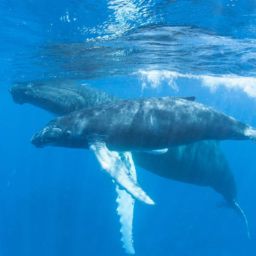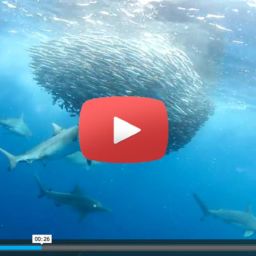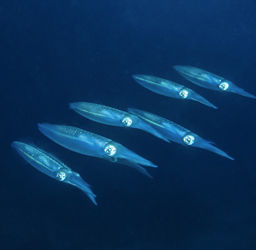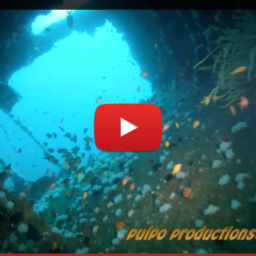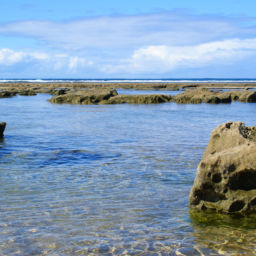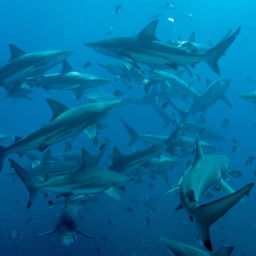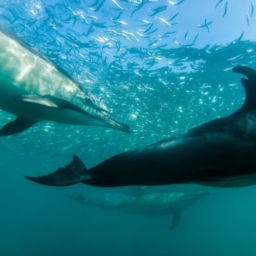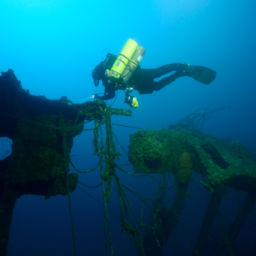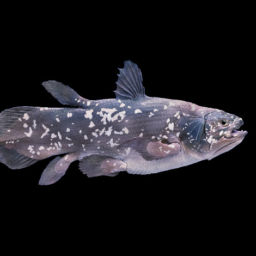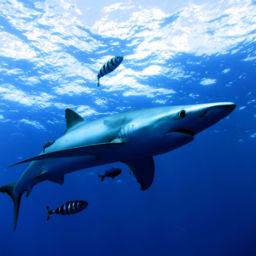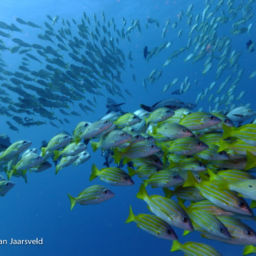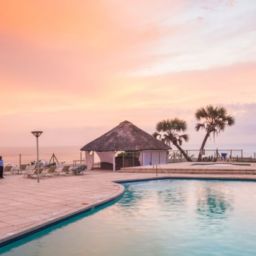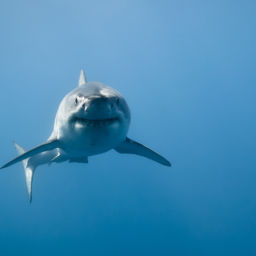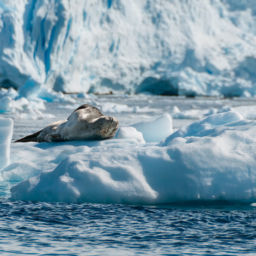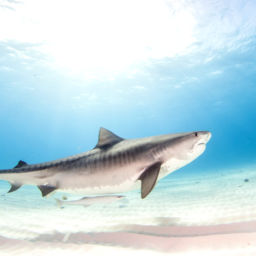From a distance, Boulders Beach looks like any of the other, equally spectacular, inlets that dot South Africa’s Cape Peninsula. Its ivory sands and deceptively blue waters set a tropical scene that belies the Cape’s frigid water; it’s only as you near that you realize how unique this beach really is. The air is laced with the faint scent of bird guano, and a sound like the chattering of 1,000 gossiping women carries on the breeze. These are the telltale signs of Africa’s largest land-based penguin colony, a phenomenon that allows visitors to come within a few feet of these charismatic birds. Boulders Beach is famous as one of the few places in the world where it’s still possible to swim with wild penguins, and to meet them face-to-face in their own environment.


The main colony centers on neighboring Foxy Beach, where boardwalks have been constructed to allow visitors to admire the penguins without disturbing them. The penguins are oblivious of the attempts to segregate birds and humans, however, and frequently find their way to Boulders, perhaps as intrigued by us as we are by them. Once known as Jackass penguins, the penguins of Boulders Beach are now more politely referred to as African penguins. This species is unique to southern Africa, and looks quite different from its Antarctic cousins. Adult African penguins are only 2 feet (60 cm) tall, and have a distinctive black stripe across their white chests. Each penguin also sports a smattering of black spots in a pattern that’s unique as a human fingerprint.
African penguins are amazingly adapted to life on the South African coast. Even in the Cape, the summers can be sweltering. To prevent overheating, all African penguins have a patch of bare, pink skin above their eyes. In hot weather, the penguin’s blood circulates to this gland, where it is cooled by direct contact with the surrounding air. Penguins also share their home with an intimidating array of marine predators. Boulders Beach, for example, opens onto False Bay, famous for its population of great white sharks. The penguin’s monochromatic coloring helps them avoid detection by these predators, though, as their white undersides blend in with the sea’s lighter surface when seen from below. African penguins are monogamous and will mate for life. The Boulders penguins traditionally breed between March and May, when visitors will often see them incubating their eggs.



The first pair of breeding penguins appeared on Foxy Beach in 1983, and raised their first chick there two years later. In the years that followed, the colony expanded quickly until, by 1997, there were 2,350 adult penguins living on the beach. Scientists think that the success of the first breeding pair caused other penguins living on nearby Dyer Island to follow suit. Purse-seine fishing is banned in False Bay, so penguins here face less competition for the small fish that make up the majority of their diet. Even so, the Boulders penguins are in decline. In 2005, the colony numbered 3,900 breeding adults – but by 2011, this figure had dropped to 2,100. Unfortunately, this is not an isolated problem. African penguins are suffering as a species, with statistics showing a tragic 80 percent loss in global breeding pairs over the last 50 years.
There are many factors contributing to the gradual disappearance of these loveable birds, and together, they are pushing this species to the brink of extinction. Now officially classified as Endangered, the African penguin is at risk due to habitat destruction, marine pollution, global warming and irresponsible tourism activities. Most of all, the African penguin is threatened by the effects of overfishing. Commercial fisheries directly target many of the species that these penguins depend upon, including pilchards, anchovies, mackerel and herring. There is help at hand, however. The Southern African National Foundation for the Conservation of Coastal Birds (SANCCOB) was formed approximately 20 years ago to promote penguin and seabird conservation.
In particular, SANCCOB provides rehabilitation for penguins affected by oil spills, and was instrumental in rescuing thousands of birds contaminated in major spills that took place off the Cape coast in 1994 and 2000. SANCCOB has become the most successful seabird rehabilitation center in the world, but depends solely on public donations. If you feel moved to help the penguins of Boulders Beach and their cousins elsewhere in South Africa, donating to SANCCOB is one of the best ways that you can do so. There are several other breeding colonies that you can visit in South Africa, including ones on Robben Island, St. Croix Island and Dyer Island.
If you want to swim alongside these amazing birds, however, Boulders Beach is the place to do so. The beach is just an hour’s drive from Cape Town, along the breathtaking Cape Peninsula scenic route.
The Boulder Bay Penguins are an experience not to be missed!


